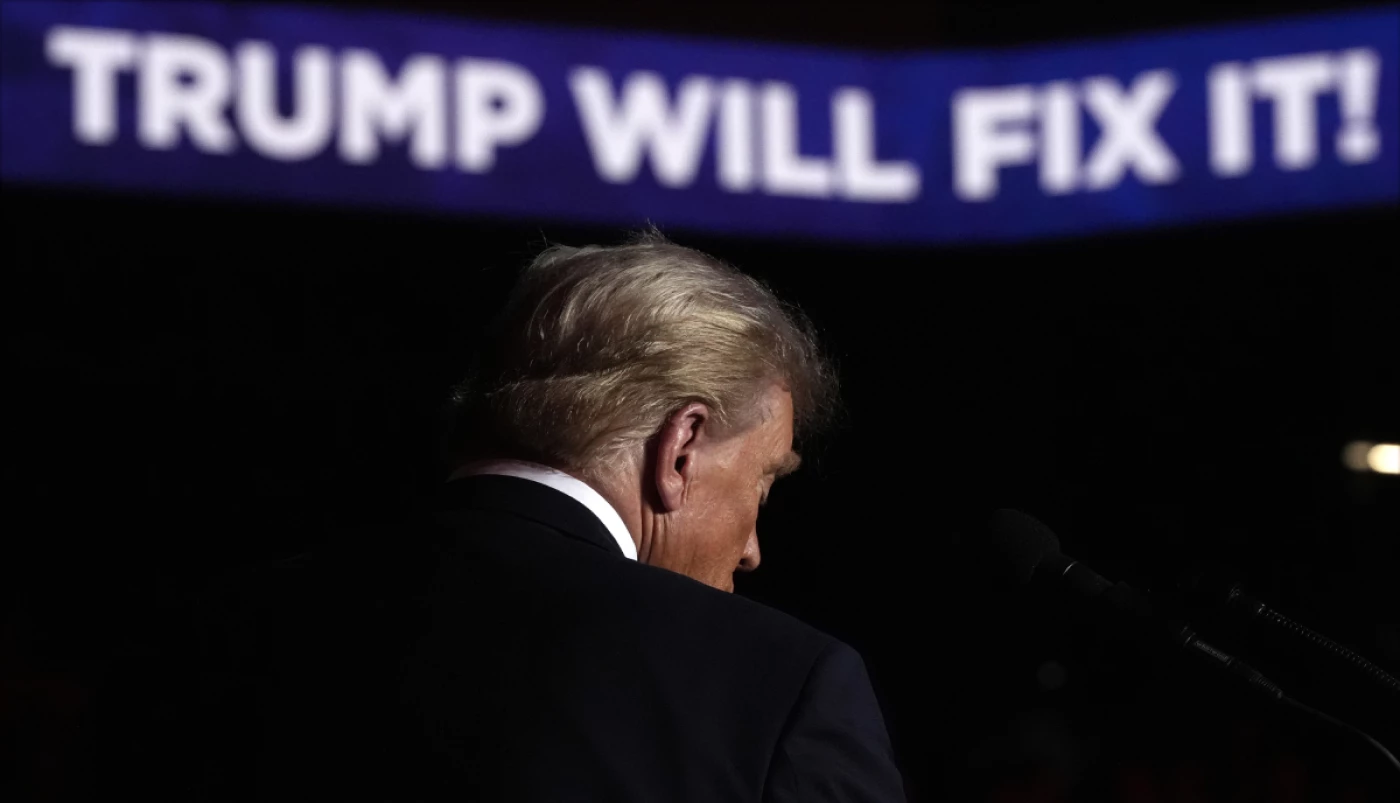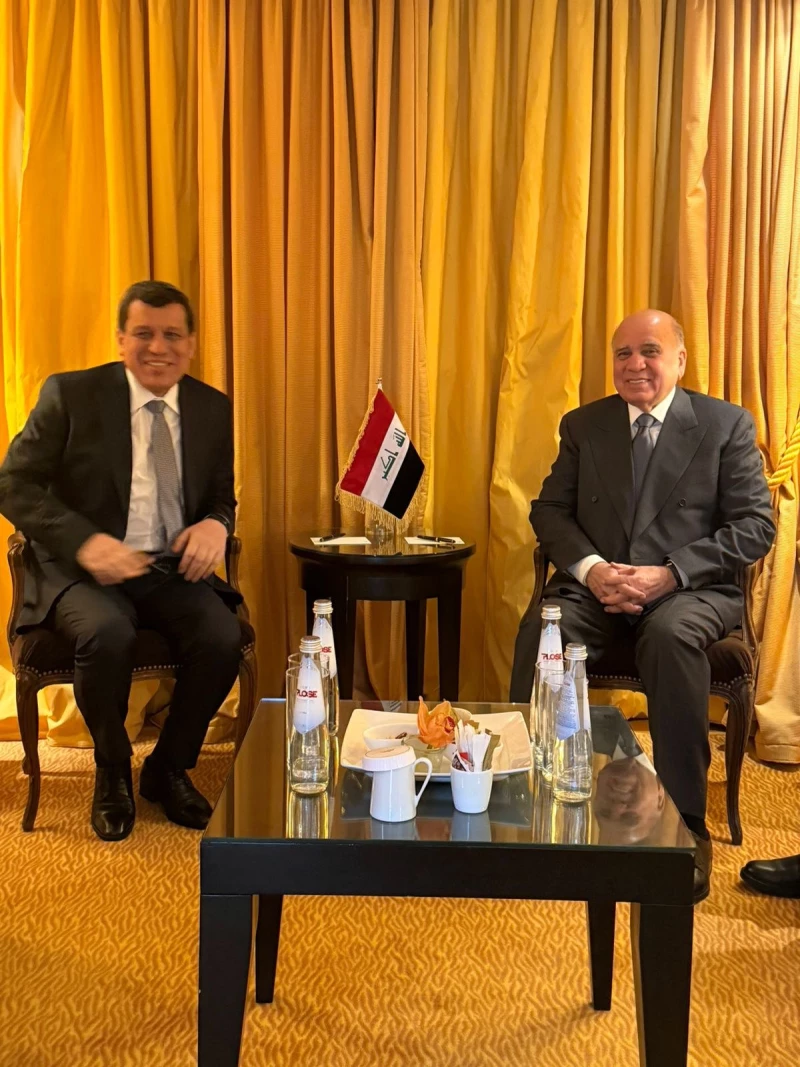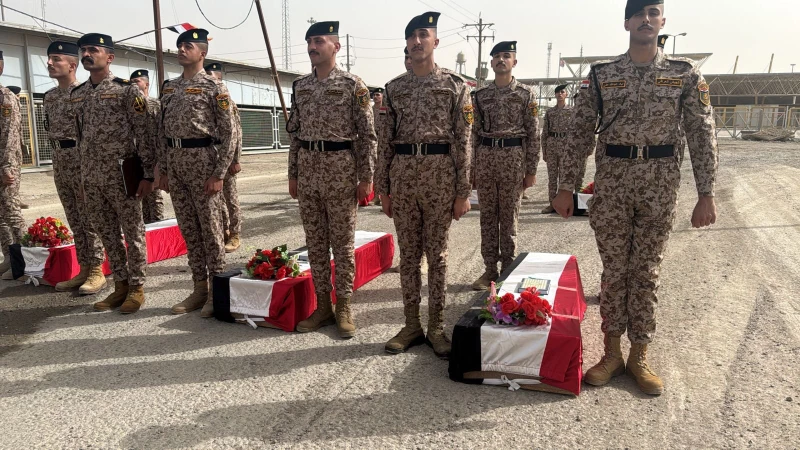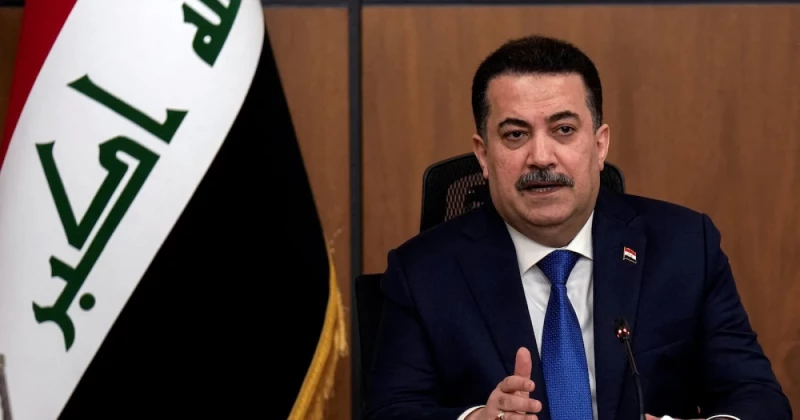DUBAI, UAE - The Middle East is bracing for the policies of US President-elect Donald Trump, who will return to the White House amid heightening tension. Known for his hardline stance against Iran during his first term, Trump now faces a landscape marked by escalating conflicts in Lebanon and Gaza and unprecedented exchanges of fire between Iran and Israel, involving Iraqi factions.
Republican nominee Trump on Wednesday secured the 270 electoral votes required to be elected as President of the United States, besting his Democratic opponent, Vice President Kamala Harris.
Dollar monitoring expected to tighten
Reacting to Trump’s victory, Iraqi politician and former lawmaker Mithal al-Alusi forecast increased scrutiny over dollar outflows from Iraq under Trump’s administration.
Speaking to The New Region, Alusi said, “dollars from Iraq continue to be smuggled into Iran, Syria, Lebanon, and other countries under US sanctions, primarily through informal trade. This activity is monitored by the US Treasury and Federal Reserve.”
“Trump’s return to the White House will change financial dealings with Iraq, particularly with his economic mindset and a team of financial experts,” according to Alusi.
“This will likely tighten controls over dollar flows from Iraq to prevent them from reaching Iran and Syria. It could also curtail transactions in US dollars by banks affiliated with Iran-backed political factions.”
The US previously imposed sanctions on 27 Iraqi banks and financial institutions, accusing them of money laundering and dollar smuggling to Iran.
Economic repercussions
In an economic analysis, Iraqi economist Nabil al-Marsoumi suggested that Trump’s policies could have significant financial consequences for Iraq.
“Trump’s return may lead to stricter US monitoring through the Federal Reserve and the Central Bank of Iraq, with increased observation of financial transfers to block dollars from reaching sanctioned entities, especially Iran, Lebanon, and Syria,” Marsoumi told The New Region.
He warned that the scrutiny could delay banking transactions, pushing some traders to seek dollars in the parallel market, which could widen the gap between the official exchange rate and the market rate.
Marsoumi added that Baghdad’s efforts to lift sanctions on several Iraqi banks now face greater challenges, noting that Trump’s economic policies may impact global energy markets, including US plans to halve domestic energy prices and impose tariffs of up to 60 percent on imported goods, particularly from China. This could disrupt global trade, reduce oil demand, and lead to a sharp drop in oil prices, which would heavily impact Iraq’s oil-dependent economy.
Political reforms under pressure
Analysts believe that Trump will continue his firm stance toward Iranian-backed factions. Political analyst Aqeel Abbas told The New Region, “the Republican approach is direct in confronting Iran and providing substantial support to Israel.”
He predicted that Iraq’s government would face mounting pressure to address the role of armed factions and redefine its ties with Iran by reducing energy dependency on Iranian gas and electricity.
“The Republicans apply direct pressure on these matters, whereas Democrats tend to support the Iraqi government in addressing them independently,” Abbas noted, adding that Baghdad will face significant challenges if it does not implement reforms.
Challenges in Diplomacy
Amid Trump’s reelection, international leaders, including Iraqi government, have begun extending congratulatory messages. However, Ihsan al-Shammari, a public policy professor at the University of Baghdad, believes Baghdad may hesitate in its dealings with the new administration.
“The Baghdad government is often seen as aligned with factions opposing the US, so the new American administration may be reluctant to engage with it,” Shammari told The New Region, noting that Trump’s return could also strengthen Gulf relations, especially with Saudi Arabia, due to Trump’s ties with Riyadh.
The Lebanese government, meanwhile, may explore possible peace initiatives with Israel, speculating that Trump’s reelection could provide an opportunity for a resolution to ongoing conflicts.
Hopes for regional peace
Both Trump and Harris had pledged during their campaigns to pursue a ceasefire in Lebanon and Gaza. In Lebanon, Makram Rabah, an academic at the American University of Beirut, said Trump’s victory “could bring about radical change in the region.”
“Trump’s second term offers him more room to maneuver, but the challenges are as pressing as ever, perhaps even more so after the events of October 7,” Rabah told The New Region.
He anticipates that Trump may use his close relationship with Israeli Prime Minister Benjamin Netanyahu to pressure Iran or pursue a new peace framework for the region.
With Trump’s return, Iraq and the broader Middle East are left to speculate on how the next four years will shape regional politics, economics, and security.



 Facebook
Facebook
 LinkedIn
LinkedIn
 Telegram
Telegram
 X
X


